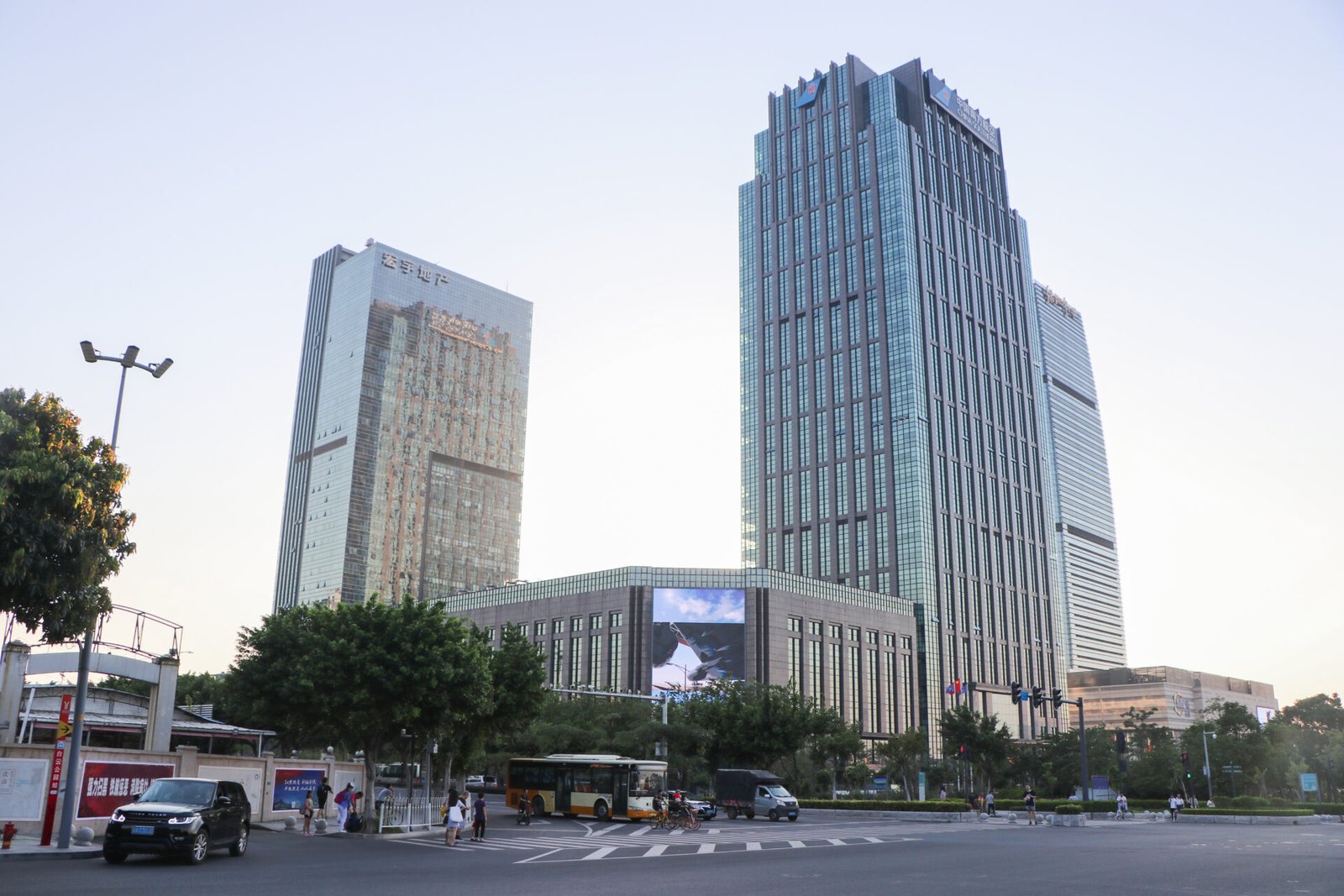In recent times, the world has looked on as China Evergrande Group, once the pinnacle of China’s real estate scene, faced an unanticipated and unparalleled financial crisis that brought it to its knees. On a recent note, the company, listed as 3333.HK on the stock exchange, proclaimed its readiness to restart trading, affirming its adherence to the guidelines stipulated by the Hong Kong Stock Exchange. But how did the leading developer find itself in such a predicament, and what does the future hold?
From Top Seller to Financial Crisis: The China Evergrande Group Saga
At the zenith of its operations, China Evergrande Group was renowned for its prowess, crowned as China’s highest-grossing property developer. However, the latter part of 2021 marked a drastic reversal of fortunes for the real estate behemoth. Evergrande became emblematic of a burgeoning debt debacle rattling the core of China’s property sector.
The significance of this crisis can’t be understated. The property industry in China isn’t just another sector; it forms the backbone of the nation’s economic structure, contributing to approximately 25% of its GDP. The turmoil that began as a liquidity predicament for Evergrande in the middle of 2021 soon metamorphosed into a sector-wide catastrophe.
Trading of Evergrande’s shares took a direct hit. March 21 of the following year marked a grim milestone – the suspension of the company’s share trading, a consequence of its inability to regain fiscal stability in the face of the sweeping debt crisis.
A Ray of Hope? Audit Reports and Investigations
As the storm raged on, scrutiny intensified around Evergrande’s financial practices. This led to an independent investigation into its accounts, a move considered by many as a stepping stone to redemption or potential downfall.
The responsibility of analyzing the investigation’s findings fell on the shoulders of the company’s external auditor, Prism Hong Kong and Shanghai Ltd. Their analysis provided a shimmer of optimism for Evergrande. The auditors deduced that there were no substantial hidden transactions, assets, liabilities, or staked deposits apart from those the company had already disclosed.
Additionally, Evergrande went on record stating its compliance with the listing rules by publishing all overdue financial results. Furthermore, issues previously highlighted by its erstwhile auditor, PricewaterhouseCoopers, in its exit letter were reportedly dealt with to satisfaction.
Evergrande’s Interaction with U.S. Bankruptcy Code
While the company’s endeavors to resuscitate its reputation and financial health were in full swing domestically, Evergrande was also taking strategic steps internationally. A significant move was its appeal for protection as per Chapter 15 of the U.S. bankruptcy code. This section of the code offers a safety net to non-American corporations that are undergoing structural alterations, safeguarding them from creditors itching to take legal action or immobilize their assets within the U.S. territory.
Evergrande’s Subsidiary and Financial Health
China Evergrande New Energy Vehicle (0708.HK), a subsidiary of the main company, simultaneously disclosed its financial health. The figures were far from rosy. The company registered a loss from continuing operations to the tune of 5.80 billion yuan (equivalent to $795.84 million). This was in stark contrast to the previous year, where the losses were somewhat lower, standing at 3.87 billion yuan.
Towards A Resolution: Meeting Creditors
Evergrande’s next steps are pivotal. Scheduled for later this month, the company will convene a crucial meeting with its creditors. The agenda? Deliberations on an offshore debt reconfiguration that encapsulates a staggering sum of $31.7 billion. This amount isn’t just a superficial figure; it encompasses bonds, collaterals, and repurchase obligations, making the discussions critical for the company’s future trajectory.
Conclusion
China Evergrande Group’s journey from the summit of China’s property sector to facing a liquidity crisis offers a cautionary tale of how swiftly fortunes can turn in the volatile world of real estate. As the company takes steps toward recovery, the global financial world watches closely. The company’s moves in the coming months will determine not only its fate but potentially have ripple effects across the property sector in China and beyond.
Read More:
